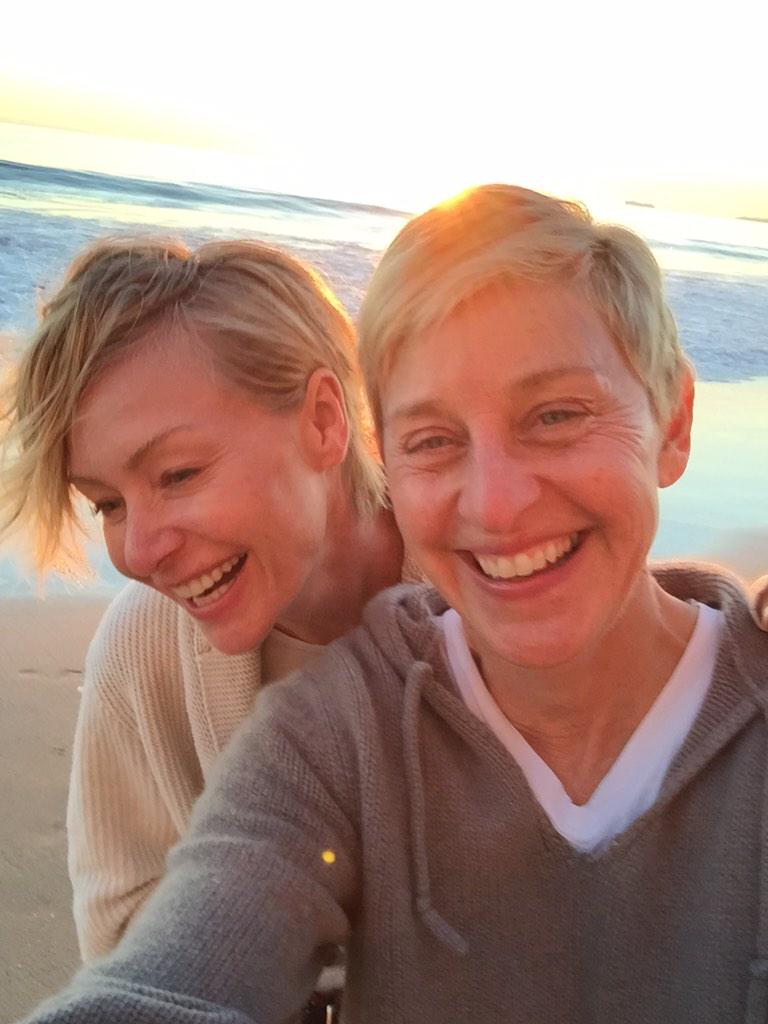4/10/2015 The New york Times

“I can’t think of a thing that should be hidden,” Margaret Cho said on a blustery Sunday in early March.
It was the morning after her wildly kinetic performance at the Gramercy Theater, and she was feeling brash. “My sexuality or experiences I’ve had that amused me, I’m willing to share,” she said.
That she did. Bright-eyed and pink-cheeked, swaddled against the elements in a kaleidoscopically patterned scarf and a hat shaped like a cinnamon bun, she offered, as she does onstage, the embarrassing minutiae of her day-to-day life.
In life, as in the show, nothing — not her age (she is 46 and “I don’t get a period all the time,” she said), not her recent divorce, nor the tattoos that crawl serpentlike all over her frame — is too private, too sacred or too humiliating to be turned into a punch line.
That includes the public upbraiding she endured for what some saw as her racist impersonation of the North Korean strongman Kim Jong-un at the Golden Globes in January. “I’m not playing the race card. I’m playing the rice card,” she tweeted soon after that cameo. And she slyly taunted her young, racially mixed audience the other night, saying, “People want to tell Asian people how they feel about race because they’re too scared to tell black people.”

She routinely targets people’s insecurities, including her own, dispatching them with well-timed zingers. But at the Dream Downtown hotel restaurant, Ms. Cho was unsmiling, even subdued, not at all like the cheeky persona she projects in her nine-city comedy tour, ending in July, or on “All About Sex,” her late-night show on TLC.
Yes, she’s a committed bisexual, with an aversion to oral sex. True, she’s looking for someone with whom to father a child, undeterred, it seems, by a recent miscarriage, a sad event she nonetheless saw fit to mine for rueful comedy.
“When I got pregnant, it was such a triumph,” she said. “I enjoyed being superior to everybody else.” After her loss, “I was even more superior: Now I was tragic.”
Between bites of what she guessed was chopped “chicken something,” she peeled away her wraps to show off the Solitaire, a jumpsuit she designed. “It’s my dream garment,” she said of the black twill utility onesie with no fewer than six pockets.
Ms. Cho, a repository of savvy fashion references, said the item put her in mind “of something a girl in a Virginia Slims ad would wear.” It was also a kind of armor, she suggested, against the unseemly ogling that plenty of women put up with.
“That scrutiny, that intense body shaming still exists,” she said, along with “all that talk about the things that we’re supposed to have — like a thigh gap.”
Who says a pair of shapely thighs need to be separated by a wedge of air? “My thighs are definitely meant to chafe,” said Ms. Cho, who freely admits to battling weight issues.
She refuses to be shamed, her chatter on “All About Sex” racy enough to tackle onetime taboos like polyamory, B.D.S.M. and sex toys. “Life is rather racy,” she said.
Her taste for the subversive extends to ABC’s “Fresh Off the Boat,” a dyspeptic sitcom about an Asian-American family. “All-American Girl,” her own similarly themed 1990s television comedy, famously bombed.
Not that she is bitter. “It was a different time,” said Ms. Cho, who advised the creator of “Fresh Off the Boat,” Eddie Huang, during the show’s production.
Even now, her Korean heritage remains a frequent target of her acid observations. Her mother seems unconcerned. Except, said Ms. Cho, “She doesn’t know how I can manage to talk that long.”
In the school lunches her mother fixed, “everything had eyes,” she said. The recollection seemed a prompt, propelling Ms. Cho to whip on her coat and head straight to the Chelsea Market across the street.
She scurried past the fashion boutiques and made a beeline for (what else) the fish market, artfully stocked with gleaming cuts of salmon, Cajun catfish and tiger prawns.
All that inventory was “a little surreal,” Ms. Cho said, “very Prada meets Schiaparelli.” Pointedly, she added: “Everything’s so fresh. The eyes are so clear.”
Surely, Mom would approve.
http://www.nytimes.com/2015/04/12/style/for-margaret-cho-nothing-is-too-private-for-a-punch-line.html?smid=nytnow-share&smprod=nytnow







